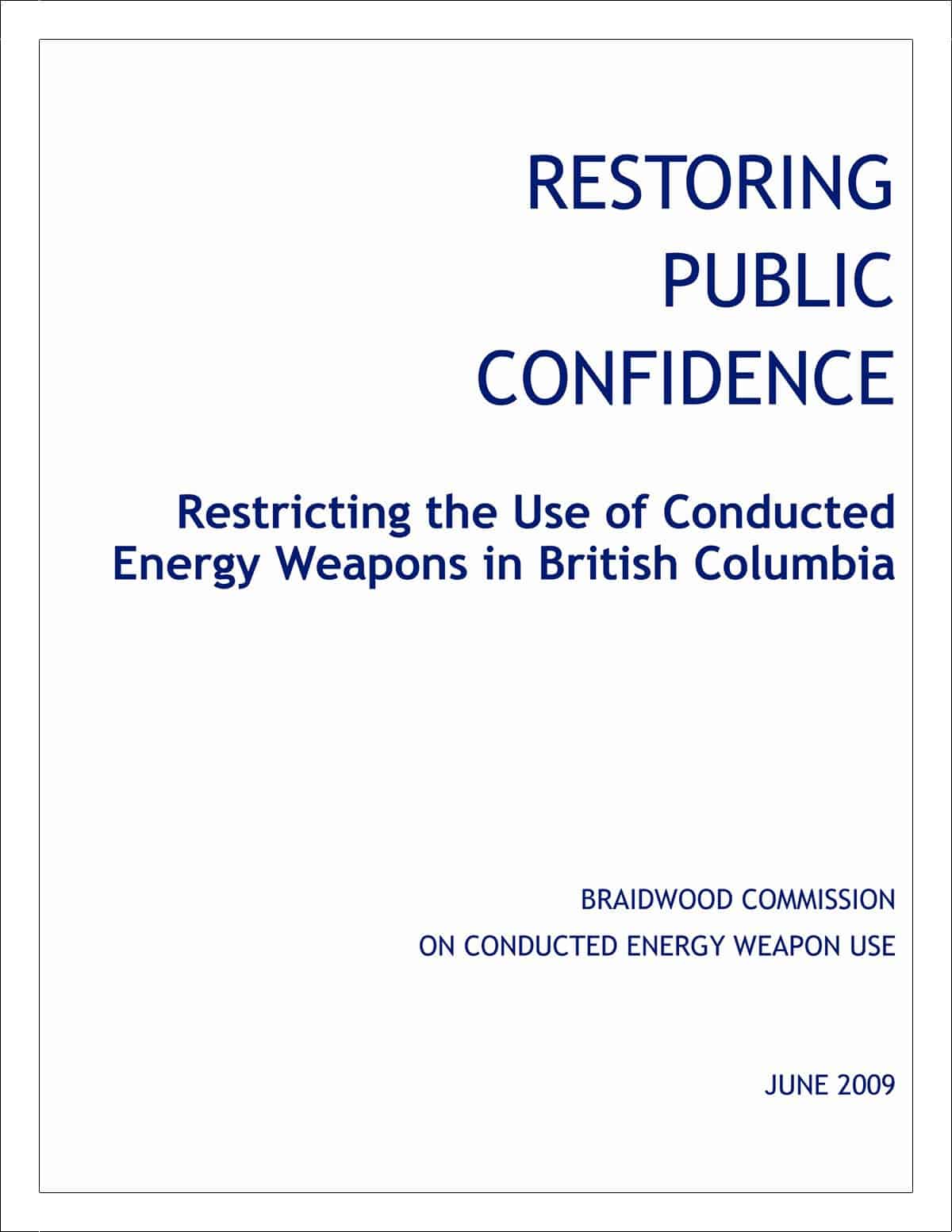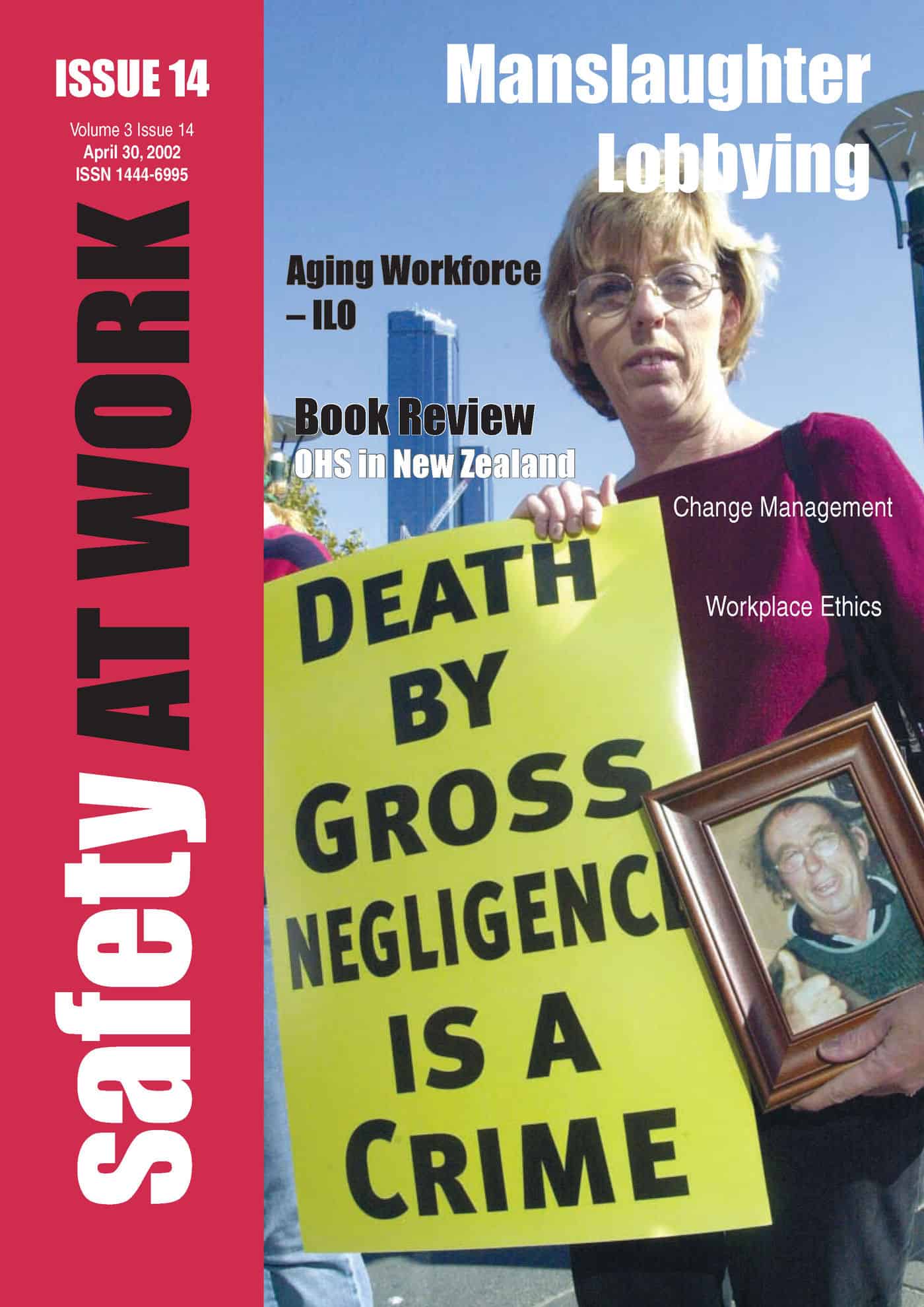OHS professionals, as with any profession, can easily become out-of-touch with what their profession is all about. This is to improve the safety of people through a professional and competent approach.
Some professionals lose touch because they may be dealing with corporate OHS policies all day, they may never get away from head office and the endless round of meetings, they don’t get to go to events outside their own professional network or they are simply comfortable with the “academic” role and not miss getting their hands dirty on the shop floor.
In each of these scenarios the OHS professional is doing themselves, and their profession, no favours. Their career may progress but their thinking does not. Some OHS professional associations are at the same plateau.
There are some small things one can do if one wants to break the cycle and obtain a better quality of work.
- Test the validity of the corporate polices by arranging for an internal audit by someone else and participate as an observer.
- Take one’s skills out of head office and offer to mentor some of your contractor’s OHS people.
- Establish a pro-bono service for the smaller businesses nearby.
- If one’s company is in an industrial estate, start-up an Estate OHS group where business owners can meet to share or create solutions.
- Offer one’s OHS services to a not-for-profit organization, if your company offers “volunteer” leave.
- Offer to assist students at all levels with their OHS assignments.
- Take a sabbatical to majority world sectors, such as Asia, and offer one’s OHS skills to OHS and labour advocates in that region.*
The biggest threat to one’s safety skills is stagnation. If one’s professional safety organisation does not have the programs available to freshen up your skills and approach, go outside the safety field. It is surprising how one’s skills in one area can be applied in others, such a public health, environmental safety, transport or maritime safety.
* A particularly useful organisation that is worth contacting is ANROAV – the Asian Network for the Rights of Occupational Accident Victims
A colleague in Asia recently told SafetyAtWorkBlog that ANROAV is in need of variety of educational materials. Many of these are basic tools such as jigsaws that can be used to identify hazards or safe work options.
$A10,000 would be a great help in establishing a basic education fund which could access a suite of OHS comics and short films that can be used for education on fire risk, cancer, mine safety, electronics, solvents etc..


 The policy has been allowed to fade from the books of most of the Australian left-wing parties but for a while, corporate manslaughter was THE issue. In fact over the last 10 years, it has been the only time that directors and CEOs from thousands of companies have paid serious attention to safety management.
The policy has been allowed to fade from the books of most of the Australian left-wing parties but for a while, corporate manslaughter was THE issue. In fact over the last 10 years, it has been the only time that directors and CEOs from thousands of companies have paid serious attention to safety management.